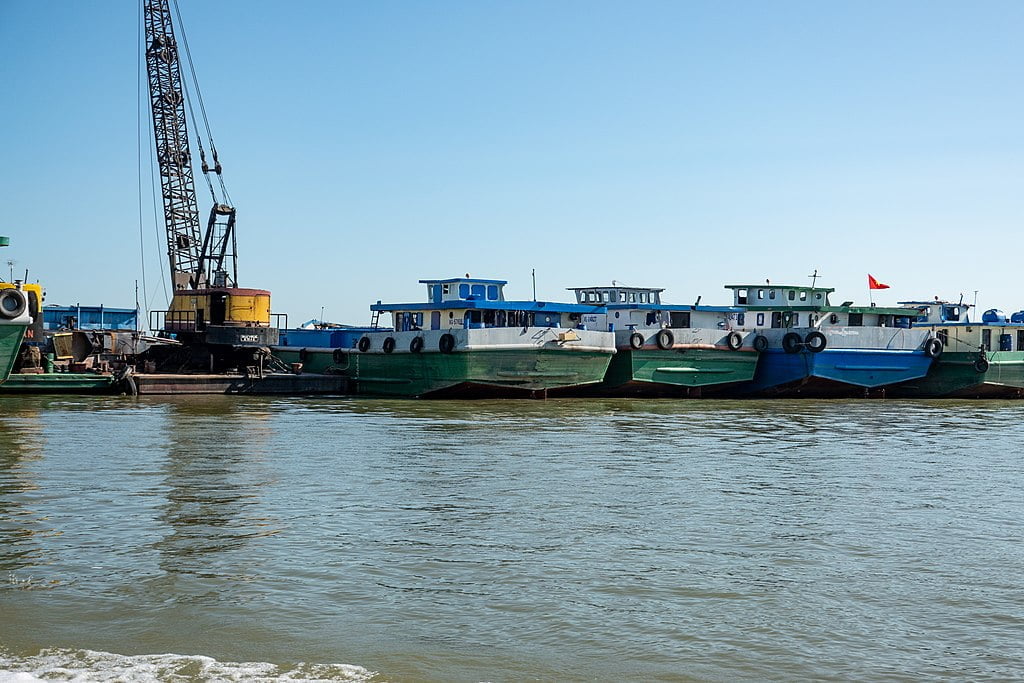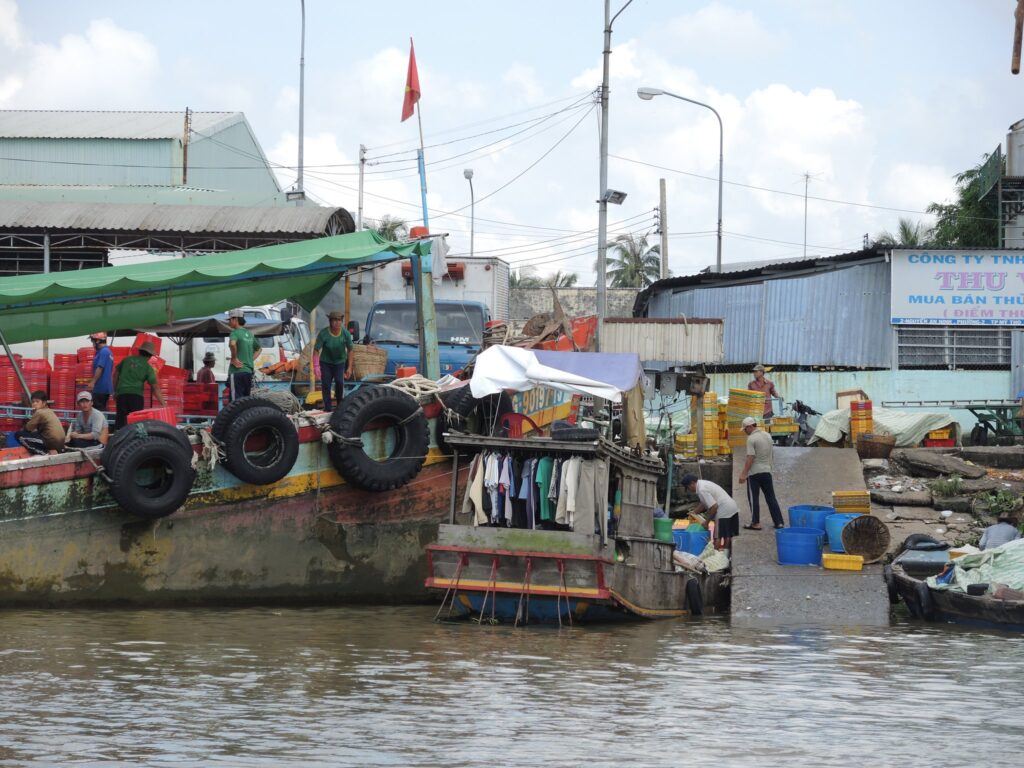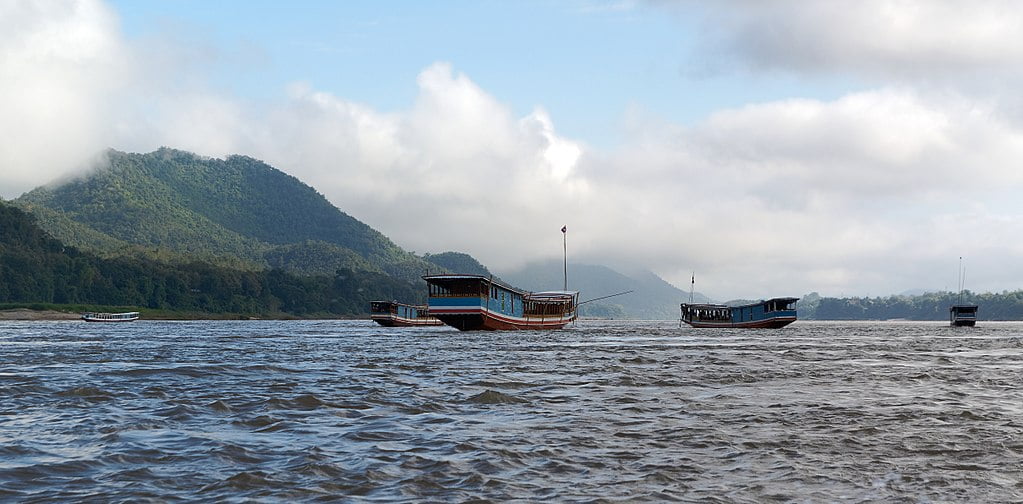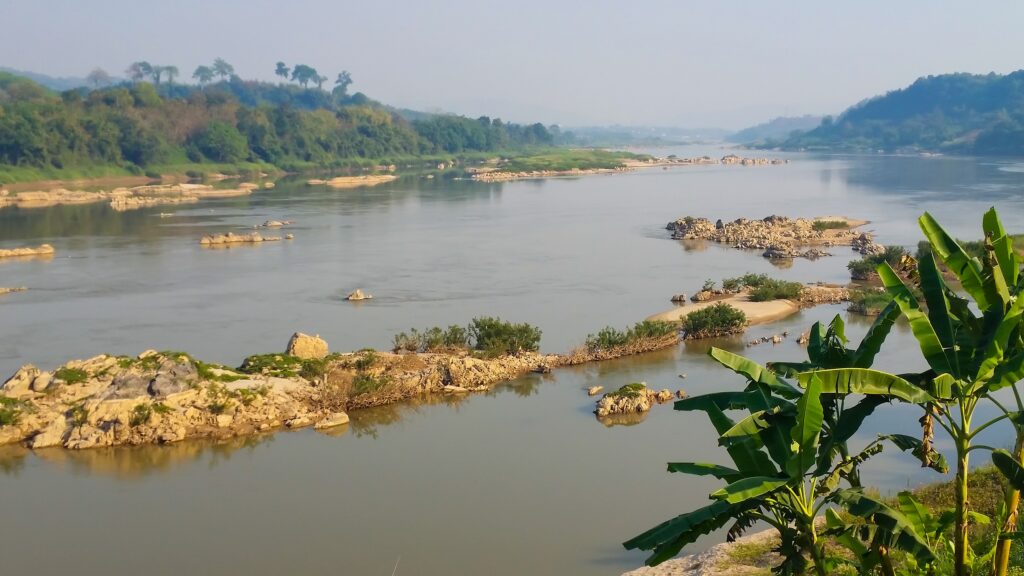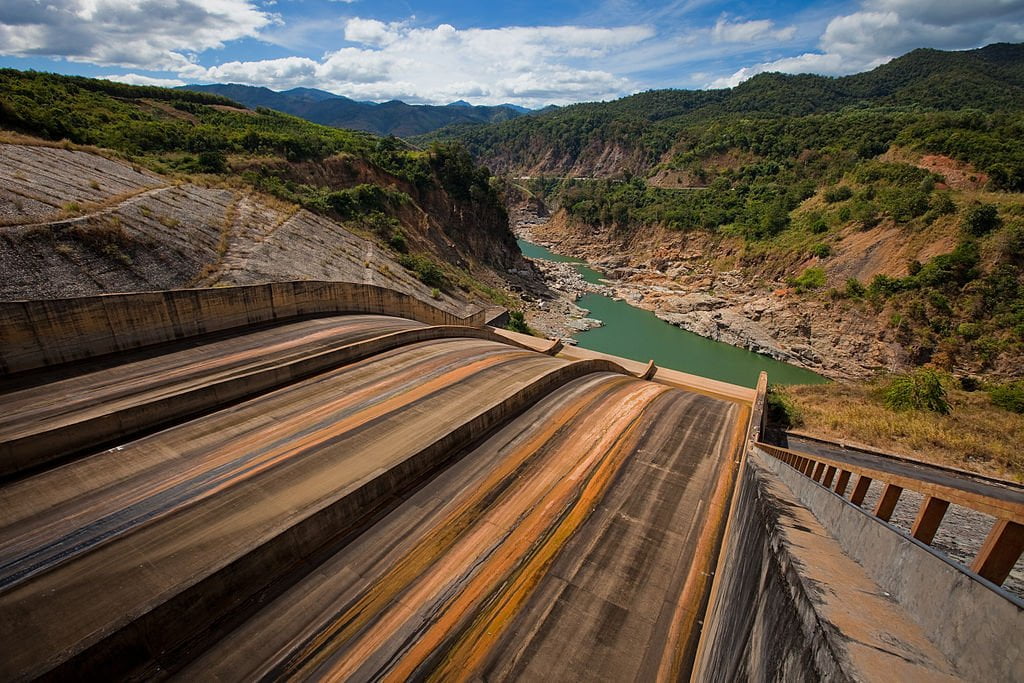This article was commissioned by 360info as part of a collaboration with Water Science Policy, including an interactive river journey of the Mekong. You can enjoy the full experience and learn more about this unique river here.
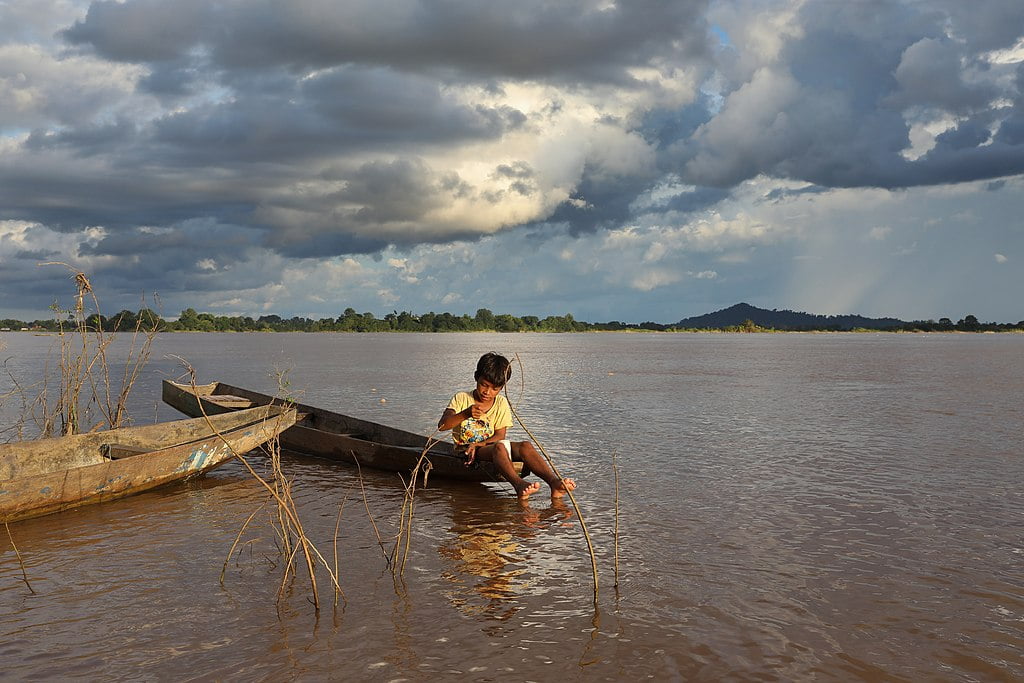 Communities is Laos are still rebuilding after the collapse of the Xe-Pian hydropower dam. (Basile Morin, Wikimedia Commons) : Basile Morin, Wikimedia Commons
Communities is Laos are still rebuilding after the collapse of the Xe-Pian hydropower dam. (Basile Morin, Wikimedia Commons) : Basile Morin, Wikimedia Commons
This article was commissioned by 360info as part of a collaboration with Water Science Policy, including an interactive river journey of the Mekong. You can enjoy the full experience and learn more about this unique river here.
When Laos’ Xe-Pian hydropower dam collapsed in the summer of 2018, it killed 71 people and reportedly affected a further 14,440 more. For villagers in this impoverished southeastern part of the country, losing their possessions and homes was difficult enough. But the aftermath was worse: prolonged, degrading living circumstances without adequate access to water and sanitation extending to this day, more than three years after the disaster.
Displaced local communities have yet to receive compensation and many still live in temporary housing. They have few prospects for recovering their livelihood. During a visit to the region in 2019, UN Special Rapporteur on extreme poverty and human rights Prof Philip Alston said people told him “they didn’t have money to buy food or drinking water, didn’t have money to send their children to the hospital, and were going into debt just to get by”.
The United Nations later called out both the state and businesses involved in project construction and finance for their collective lack of redress.
Fingers have been pointed in many directions. Banks responsible for financing projects came under scrutiny from human rights groups, as did the Korean and Thai construction companies accused of shirking their responsibility to uphold human rights while profiting from hydropower development.
The Laos government was also criticised by community activists for failing its citizens.
The dam disaster illuminates the findings of a recent study led by King’s College London: the actions of water-intensive industries produce far-reaching impacts on the human right to drinking water.
Large-scale projects escalate competition for access to water with local users, and the surge in manufacturing and energy production often increases the risk of water water quality degradation. It has been suggested that businesses are responsible for 70 percent of global water use and pollution.
Voluntary mechanisms have failed to ensure sustainability and safety. Even where businesses opt into these practises, issues regarding water quality and affecting access to drinking water are often overlooked — these latent impacts are not fully examined in many human rights impact assessments or due diligence processes for project development investments.
This is partly because it is difficult to conceptualise: water availability and quality degradation can manifest gradually and not be immediately visible. The political economy of water, as well as the cultural and institutional backdrop informing water use and regulation, also needs to be understood to understand well to unpack the effects a project may have.
An awareness of how and when water is sued by farmers, how large agri-businesses and industries operate, the work of local communities and traditional customary rules of water in certain pockets would be helpful in these environments.
As the sustainability of the Mekong becomes increasingly tenuous, governments and business could play an important role in securing its future by
- Governments actively investing in and enhancing national regulatory frameworks that support key tenets of the human rights to water and sanitation, especially on availability, quality, accessibility, affordability and acceptability.
- Governments developing legally binding, mandatory corporate due diligence, so that businesses can be blocked from committing human rights violations.
- Businesses working better and more closely with local communities by adopting established practices of transparency, and free and prior informed consent before and during development projects.
Dr Naho Mirumachi is an expert in water sustainability and works as Associate Professor at the Department of Geography, King’s College London, UK. Dr Mirumachi declared no conflicts of interest in relation to this article.
The study was requested by the European Parliament’s Subcommittee on Human Rights, funded by the European Parliament, and the copyright is with them. The content of study is the sole responsibility of the authors, and any opinions expressed herein do not necessarily represent the official position of the European Parliament.
Originally published under Creative Commons by 360info™.
Editors Note: In the story “Water conflict” sent at: 21/02/2022 09:03.
This is a corrected repeat.



